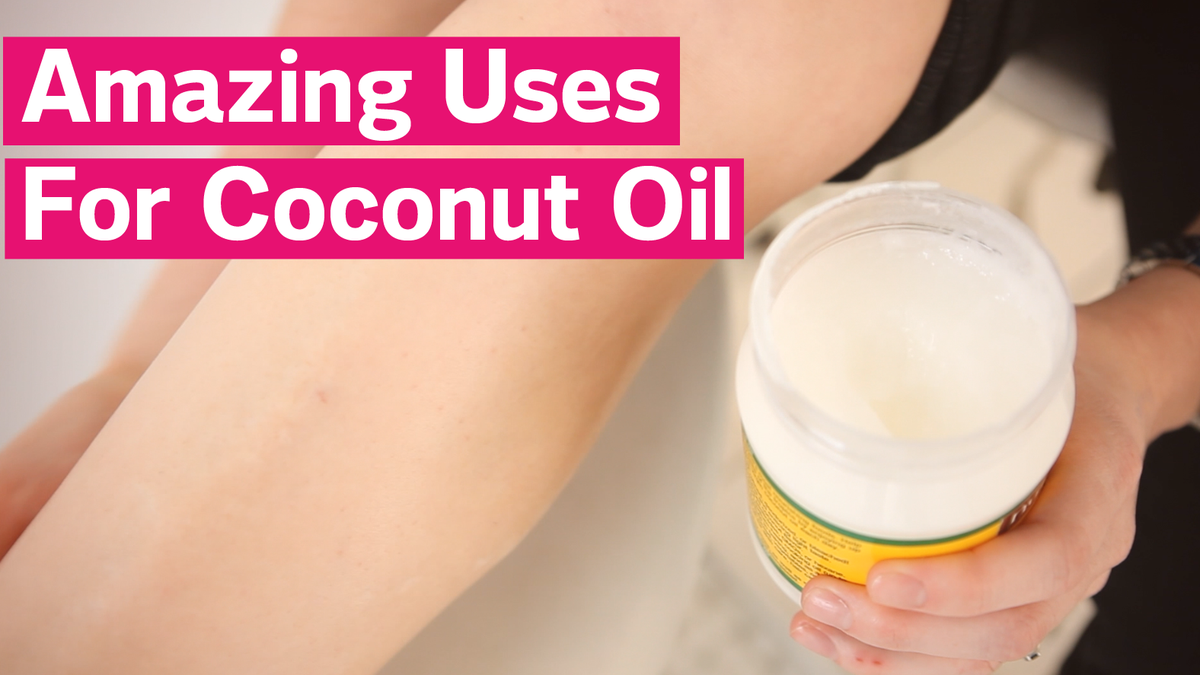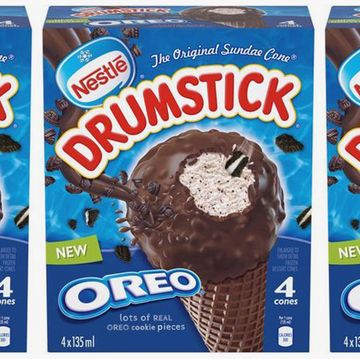Gingivitis, a type of inflammation of the gums, is one of the most common mouth afflictions—and one that affects up to 90% of adults worldwide, according to a Journal of Clinical Periodontology study.
While red, tender, swollen gums are the most common symptoms of gingivitis, the condition can lead to loose or lost teeth, bleeding gums, pain or sensitivity when chewing, or bad breath. Research has even linked severe forms of gingivitis to heart disease, a connection some experts blame on the bacteria that spread in the mouths of those with gum disease. (Here are 4 other diseases linked to subpar dental habits.)
“Gingivitis is primarily caused by bacteria that proliferate due to poor oral hygiene,” says Eugene Ko, DDS, a clinical assistant professor of oral pathology and medicine at the University of Michigan School of Dentistry.
Your teeth accumulate a thin film or residue known as plaque, which is home to millions of bacteria. Haphazard brushing and flossing allow this plaque to harden into tartar, which then produces gum irritation and inflammation, Ko explains. (He says there are many forms of gingivitis—some caused by viruses or fungi—but the plaque-induced kind is by far the most common.)
MORE: 9 Weird Reasons Your Gums Are Bleeding
What can you do to relieve your gingivitis? Proper brushing and flossing, along with regular professional cleanings, are among the best defenses and remedies, Ko says. “You need to disrupt the plaque before it gets between the teeth or irritates the gums,” he adds.
But if you’re already doing those things and not finding relief, consider trying these six home remedies.
Cut back on refined carbs
A small, somewhat-whacky study performed back in 2009 found that people who cut all refined carbs from their diets—basically, people who adopted a “Paleo-style, stone-age diet”—did not suffer from gingivitis even if they stopped brushing and flossing for four weeks. The study authors found that the type of bacteria that cause gingivitis did not increase when the study participants cut out refined carbs—even though their teeth did accumulate more plaque due to the lack of brushing. The research is preliminary, but consider this one more reason to eat fewer sweets, white bread, soda, and other refined carbs.
Eat more fiber and omega-3s
In another diet-focused study, researchers found that people who ate a diet rich in omega-3s, fiber, and vitamins C and D enjoyed a 50% reduction in gum inflammation caused by gingivitis. Again, the study authors said a beneficial change in mouth bacteria might explain the diet’s anti-gingivitis powers. Whole fruit, and especially citrus fruits like oranges, are prime sources of both fiber and vitamin C, according to the USDA. Meanwhile, salmon is a great food source of both vitamin D and omega-3. (Pair it with quinoa and roasted cauliflower for a healthy hit of fiber and vitamin C.)
MORE: Is Wild-Caught Salmon Actually Healthier Than Farm-Raised Salmon?
Swish some coconut oil
It’s known as “oil pulling.” Basically, you swish oil in your mouth for eight to 10 minutes once a day. (Yes, you read that right. Eight to 10 minutes!) A small 2015 study found swishing with coconut oil really did relieve patients’ gingivitis symptoms. The authors of that study hypothesized that the oil acts as a liquid scrubber, wiping away plaque and bacteria. More studies have found other types of oil pulling—including with sunflower oil—have a similar effect. But it’s not clear whether oil is any better than doing this with water or a mouthwash. (Find out what happened when one writer tried oil pulling for a month.)
Here are even more genius ways to use coconut oil:
Chew gum
Saliva is your mouth’s built-in cleaning solution, Ko says. But for those who suffer from dry mouth, they may not have enough saliva to keep harmful mouth bacteria at bay. Even for those who brush and floss thoroughly, dry mouth can lead to the spread of bacteria and gingivitis.
By stimulating saliva production and secretion, chewing gum is an effective remedy for dry mouth, and may also help relieve your gingivitis and keep it from coming back. (Just be sure you’re buying sugar-free gum; sugar can promote plaque accumulation and cavities.) More research shows gum containing real eucalyptus may be an even more potent gingivitis-fighter.
MORE: 23 Ways To Stop Gum Disease
Eat more yogurt
Calcium-rich dairy products—especially fermented dairy foods like yogurt—can knock out gingivitis and protect your mouth from future gum disease, according to a 2012 study in the journal Nutrients. The Danish study team hypothesized that probiotic bacteria in calcium-rich dairy foods might prevent the growth of gingivitis-causing microorganisms.
MORE: 3 Ways Fat-Free Yogurt Could Be Making You Gain Weight
Drink green tea
Drinking green tea may alleviate or prevent the spread of gingivitis. That’s according to a 2009 study in the Journal of Periodontology. The authors of that study say a specific type of green tea antioxidant—known as catechins—may block the spread of bacteria that cause gingivitis, and may also naturally quell inflammation. (Here's everything you need to know to pick a green tea that's actually good for you.)
Markham Heid is an experienced health reporter and writer, has contributed to outlets like TIME, Men’s Health, and Everyday Health, and has received reporting awards from the Society of Professional Journalists and the Maryland, Delaware, and D.C. Press Association.













